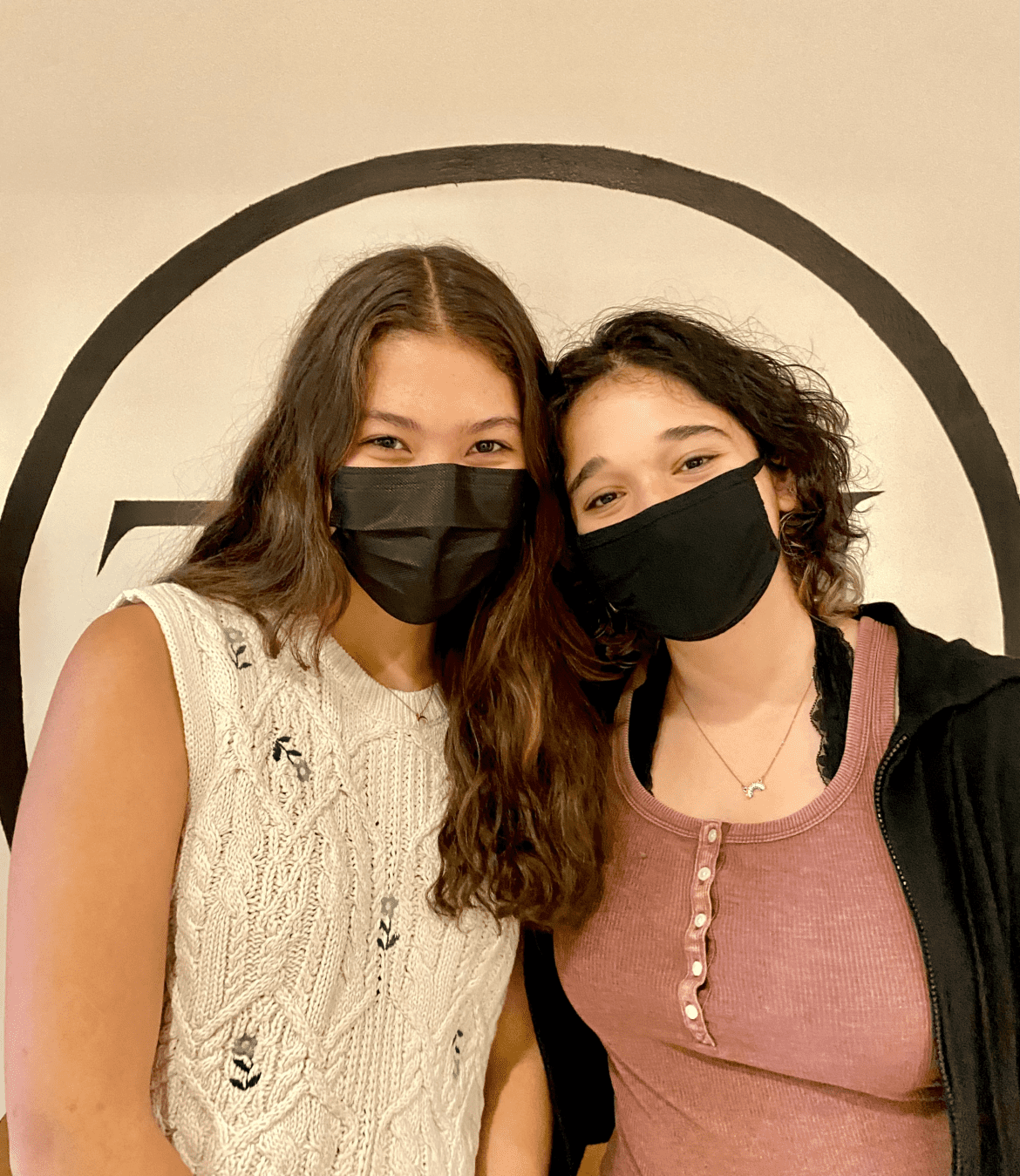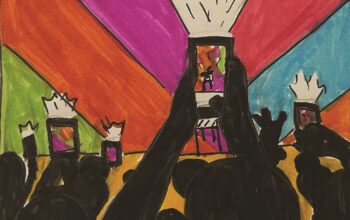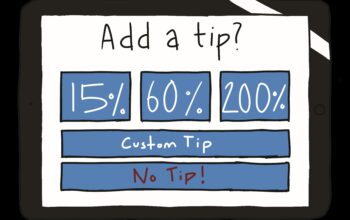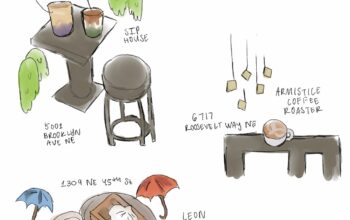
Ula Ekmecic and Rona Eslamy, pictured above
You may be wondering why the title of this piece, Reflections, breaks tradition with the choices of past Editors-In-Chief to include their names in their monthly column. In truth, The Roosevelt News has never been about the writers and artists creating content; more so, it’s served as an expression of the triumphs, wants, needs, and critiques of the Roosevelt community – a reflection of our readers, if you will.
Through this column, we hope to focus on that key element of our paper’s mission. By holding a mirror up to a culture so deeply ingrained in Roosevelt’s identity, we aim to allow our community to take a step back and consider ourselves and our peers critically.
The transition from online to in-person school has left many students struggling in their current classes. Last year was simpler. With just two sessions of class a week, it was necessary for teachers to cut down on the curriculum so that only the bare essentials were taught. Further, the abundance of free time offered by online learning left room for students to sit with material and figure it out, or attend office hours and ask questions.
Or, more likely, simply cheat on the assignment either by googling answers, using the answer key, or conversing with friends. Whatever the case, last year was simpler.
Now we’ve been quite suddenly launched into the fast paced days of in-person learning. Many leave home early in the morning, sit through six periods, attend extra-curricular activities or sports practice, and don’t get back until late at night.
There’s no room to sit with a hard lesson. You either need to get it right away or submit to failing in the class. It often feels like there’s not enough time in the day to not understand something. You just have to get it right away.
While this phenomenon is likely a shared experience among the student body, lesser known is the fact that this approach to intellectual struggle is a hallmark of Western culture.
In a 2012 article, NPR describes the difference between how Asian and U.S. education systems tend to view failure, citing a study where graduate students at the University of Michigan observed the teaching styles used in a fourth-grade math class in Japan.
Students were directed to individually draw three-dimensional cubes as part of an in-class assignment. One kid in particular was struggling, so the teacher directed him to try drawing the cube up on the board, in front of the class.
In western culture, normally the best performing child is asked to go up to the board. In this case, the Japanese student repeatedly tried to draw the cube, and with each effort the teacher would ask the class if the kid had done it right. In response, his peers would shake their heads and return to their work.
By the end of the class, the student had finally gotten a perfect cube on the board. As he turned around, he was met with a round of cheers and applause from his classmates in a public acknowledgement of his dedication.
Researchers compared learning values and found that in American culture, struggling is a sign of weakness. When we don’t understand a lesson right away, it feels like a personal flaw that can’t be addressed. Have you ever heard someone say, ‘I’m just bad at math’?
Alternatively, the study found that in Eastern cultures, struggle is often an opportunity to demonstrate strength. That persevering through something difficult is what matters, not the act of struggling itself.
Imagine if we could change our mindset. Instead of sitting in physics and feeling bad while your tablemates race through the material, to instead take pride in your struggle. To ask questions and have the patience to sit with a problem to figure it out. Would we be happier people?
Despite being a western institution, there are already pockets existing within Roosevelt that welcome this approach to learning.
For example, language classes such as AP Spanish often require small talk practice with your table partner. This alone can feel like a major hurdle– never mind being cold-called to analyze a piece of art in front of the class. And yet, taking the risk to trip through your words and use the wrong tenses while answering a question is rarely met with judgment or laughter from classmates.
Rather, it highlights your commitment to growth. When we create a space that actively embraces making mistakes, we deconstruct the expectation of immediate perfection. We make room for being human.
This first print issue was created by an entirely new staff of writers, artists, and photographers– all of whom have never had experience with producing a journalistic publication. Similarly, all of the editors involved in shaping the paper this year are new to their role.
The Roosevelt News itself is an establishment held up by the process of constant trial and error behind the scenes. This issue, like every other, is a culmination of choices to re-route, revise, and restart before printing. It is a celebration of failure in the pursuit of shaping our community toward the better.
As the first two months of the semester come to a close, we have one simple message for our readers to carry with them moving forward: make mistakes. Ask questions, seek out your teachers, and normalize struggling when striving for success. And teachers– take the time to recognize perseverance, sometimes even more than natural ability. We are all getting used to what school feels like again.



